How Westerners use stereotypes to deny Islamic Republic’s political dynamism
By Xavier Villar
The majority of Western "experts" analyze the Islamic Republic of Iran from a set of propositions that are self-evident and transparent. These propositions contribute to establishing a predetermined notion of the country within the Western collective imagination.
One of these propositions that describes the Islamic Republic in political terms is the category of "theocracy."
In other words, these analyses seek to establish in the collective Western imagination the notion that the Islamic Republic is a so-called theocracy, consequently contributing to solidifying and reinforcing the perception of autocracy, clerical control, and religious oppression.
The circulation of discursive images of this nature serves, as philosopher Julia Kristeva pointed out, to temporarily appease the very imagination that generates these images through the use of stereotypes.
However, at the same time and precisely owing to the employment of these stereotypes, it hinders the creation of new political imagery.
In the specific case of the category of "theocracy," the imagery it sets in motion serves to establish a connection between the present-day Islamic Republic and the entire Orientalist tradition, particularly with a despotic and authoritarian mode of governance, wrongly associated with Islam.
The concept of the "despotic Orient" is an integral part of the anti-Muslim tradition that has shaped Western ideology. Since its origin, the West has constructed itself as the "other" of the East, particularly the "other" of Islam.
According to Palestinian-American academic, literary critic and political activist, Edward Said, the idea of the West that emerged during the Enlightenment is characterized by a set of features that are supposedly absent in Islam.
On the other hand, in his work "Islam in Liberalism," Joseph Massad argues that the so-called democratic identity of the West and the purported despotic identity of Islam as its "other" are acts of self-constitution and projection, employed as imperial strategies for the political domination of that "other."
The opposition between democracy and despotism, as well as the historical confrontation between the West and Islam, finds its origins, according to the hegemonic view, in ancient Greece.
The idea of a democratic Greece in contrast to a despotic Persia has been ingrained in historiography and remains one of the most apparent ways of dividing the West and the Rest.
By retrospectively building its roots in classical Greece, the West emphasizes democracy as one of its characteristic components.
In the same vein, Tomoko Masuzawa, in her work "The Invention of World Religions," argues that modern Europeans perceive their languages and classical Greek as belonging to the same language family, which provides them with a direct cultural legacy linked to the alleged achievements of their ancestors.
"The profound division of races implies the commensurability and interchangeability of people, languages, and 'spirits' that share the same family, even if they are separated by vast spatial or temporal distances," she writes.
"For this reason, a 19th-century Englishman can boast of an essential connection between himself and a 4th-century BC Athenian, while a Muslim, despite all their knowledge of Aristotle, cannot claim such a link."
It can be argued that democracy does not function as a universal category accessible to all peoples but rather as a political possibility exclusively associated with the West.
In other words, democracy becomes a symbolic representation of the West. Simply put, it is implied that only by being Western can one have democracy. This discursive perspective fails to consider other political forms that may establish just and participatory governance.
The intention behind identifying the Islamic Republic with the category of "theocracy" is to place Iran in an anachronistic past within the timeline and, thereby, distance it from the modernity supposedly represented by the dominant secular configuration in the West.
Descriptions found in the media, labeling the Iranian government as a "religious dictatorship" or a "government of the mullahs," are part of this attempt to anchor the Islamic Republic in the past.
These analyses overly simplify highly complex matters and reflect ideological prejudice and/or lack of understanding.
As we have seen, the primary objective behind mobilizing discursive images based on stereotypes is to maintain dominance and political control over the Islamic Republic.
In other words, by portraying Iran as an anachronism in political terms, it suggests that it can only be liberated from that despotic past "thanks" to Western intervention.
On the other hand, from a political-theological standpoint, the category of "theocracy" cannot be applied to the Islamic Republic.
Islam in Iran's context remains dynamic, polycentric, and independent. Organizational and structural aspects limit the establishment of a centralized hierarchy inherent in the formation of a theocracy.
The presence of a figure like the Wali e faqih does not alter this condition but promotes democracy, social and political progress.
The circular distribution of power, where individuals have the freedom to choose their own mujtahids (religious authorities) to emulate, challenges the very essence of the central hierarchical order inherent in a so-called theocratic structure.
Unlike the broad vertical concepts of authority associated with theocracy, the Islamic pattern of leadership is circular. That implies, there is an inherent conflict between the patterns of authority in a hierarchical theocracy and the circularity of the theory of Wilayat al-Faqih.
Once the political difference between theocracy and the actual political reality in Iran is understood, it becomes possible to break the circulation of that image attempting to construct Islam as something anachronistic and irrelevant to the contemporary world through stereotypes.
Xavier Villar is a Ph.D. in Islamic Studies and researcher who divides his time between Spain and Iran.
(The views expressed in this article do not necessarily reflect those of Press TV)
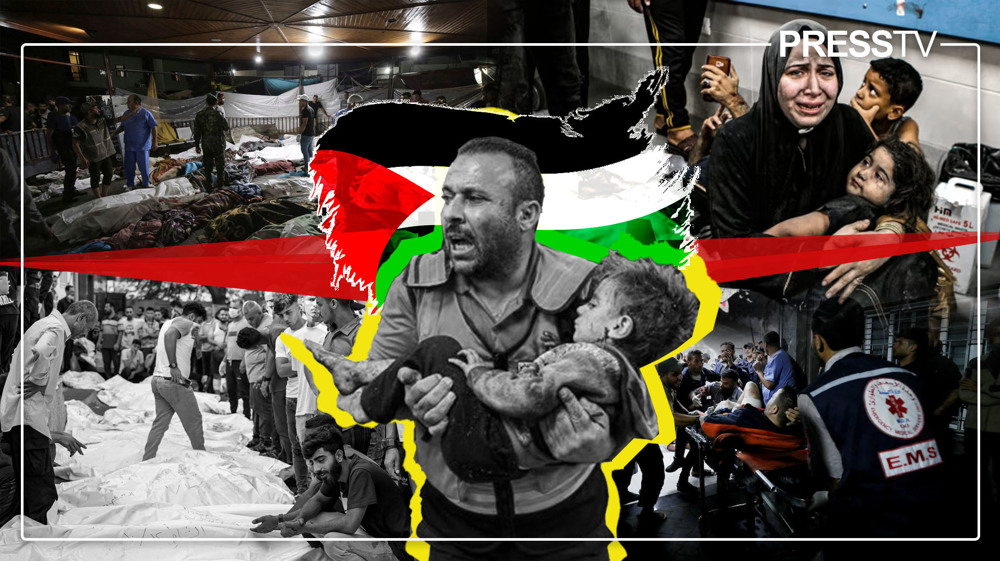
Fractured Ummah: Leadership crisis, disunity undermine Palestinian cause
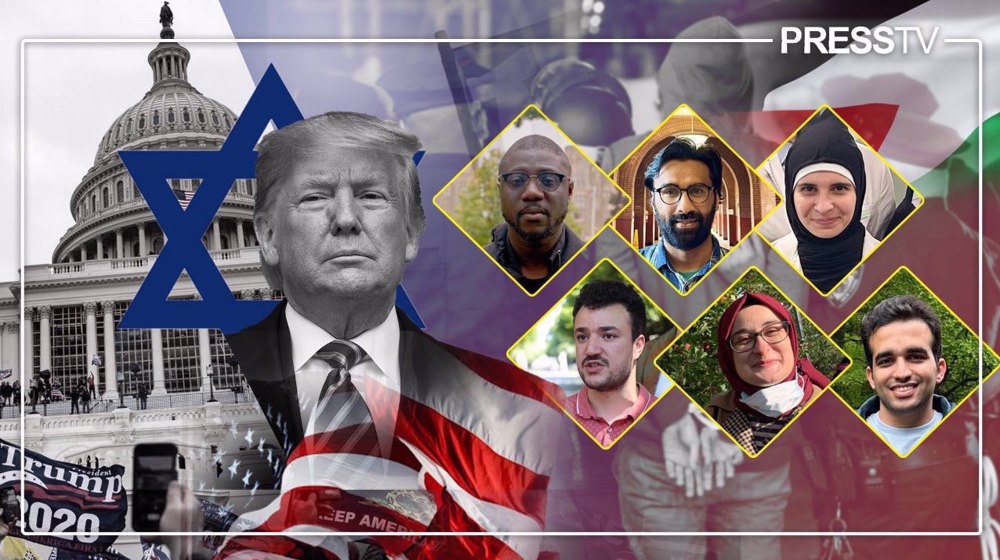
'Land of the unfree': Trump admin’s war on pro-Palestine activism on US campuses
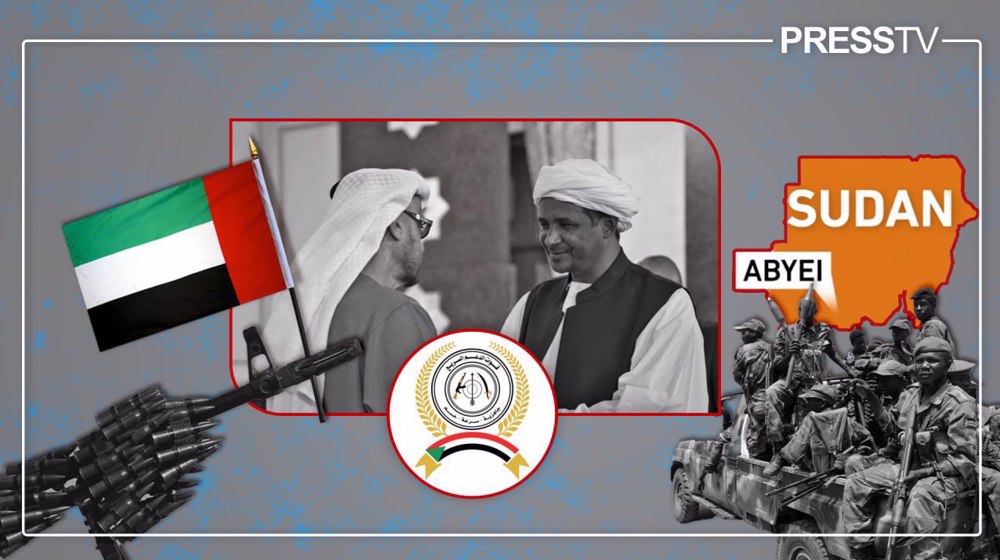
The forgotten war: Sudan, crimes against humanity, and UAE’s deep complicity
China enacts tariffs, says Trump’s trade war ‘will end in failure’
Sudan takes UAE to World Court over 'genocide' in Darfur
Ex-official: US cares about human rights only to target adversaries
'Not much time left' to save Palestinians, warns UN Rapporteur
Scholar: Without strong response, Arabs risk falling under Israeli control
VIDEO | Press TV's news headlines
1,000 Israeli aircrew defy threat of sack to urge end to Gaza war
Trump decimates US healthcare


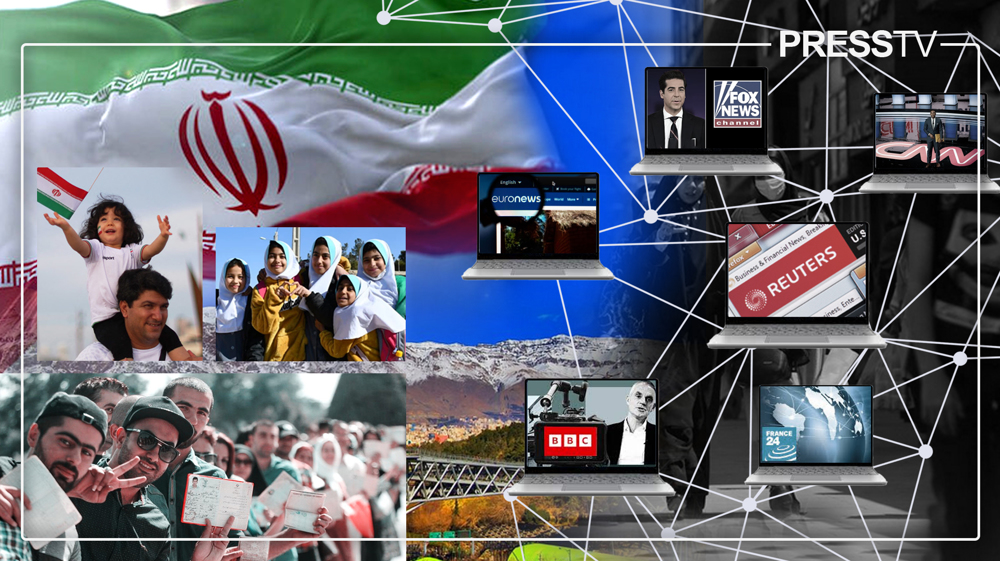



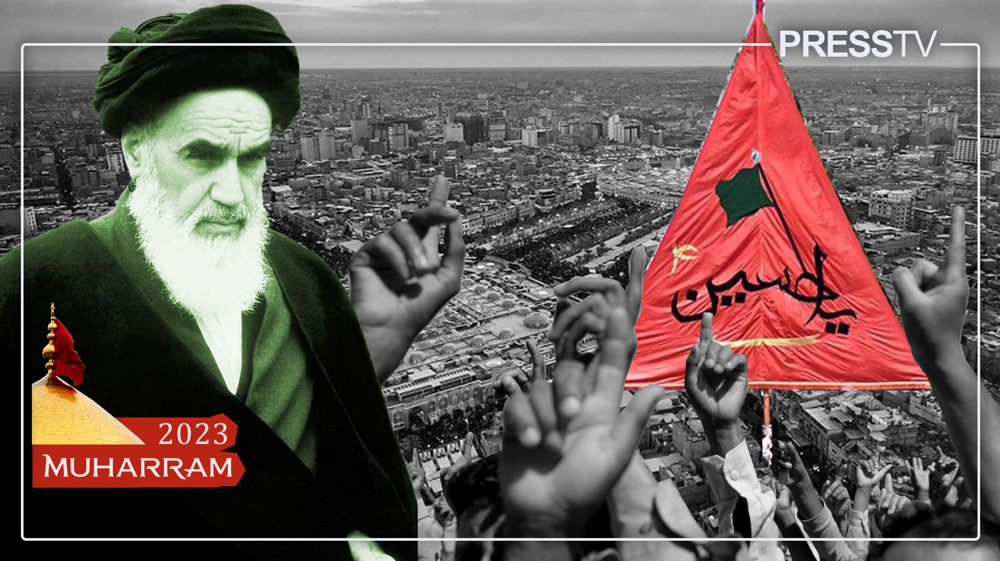
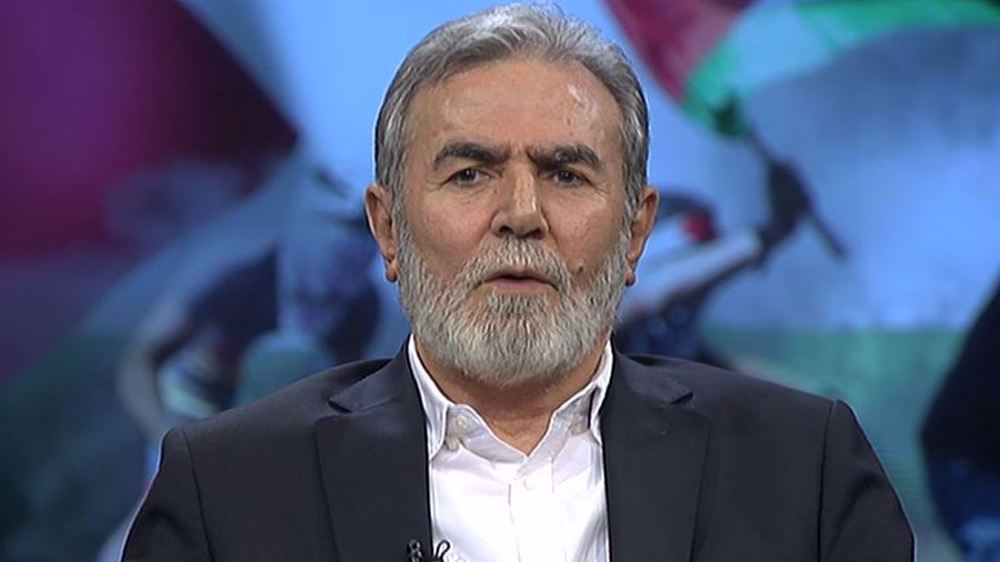
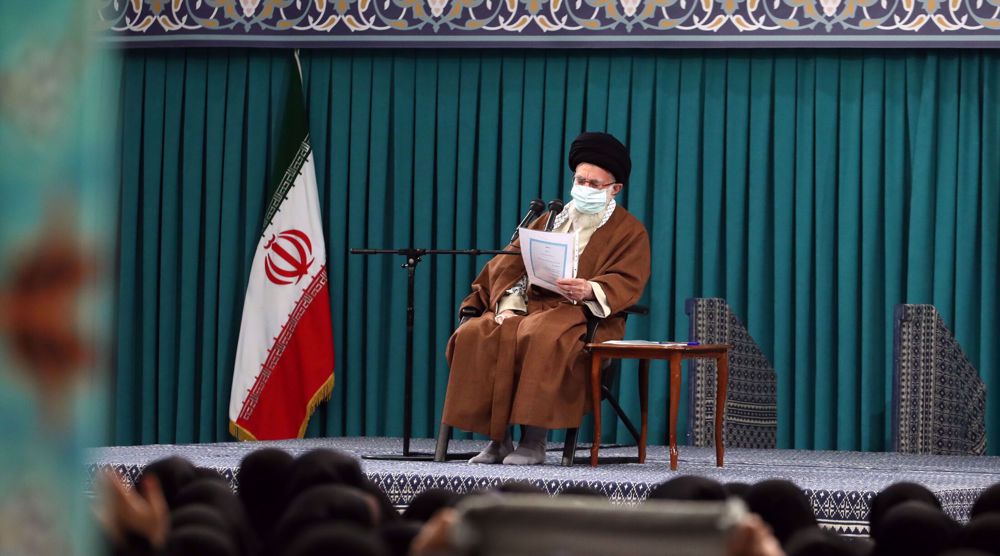
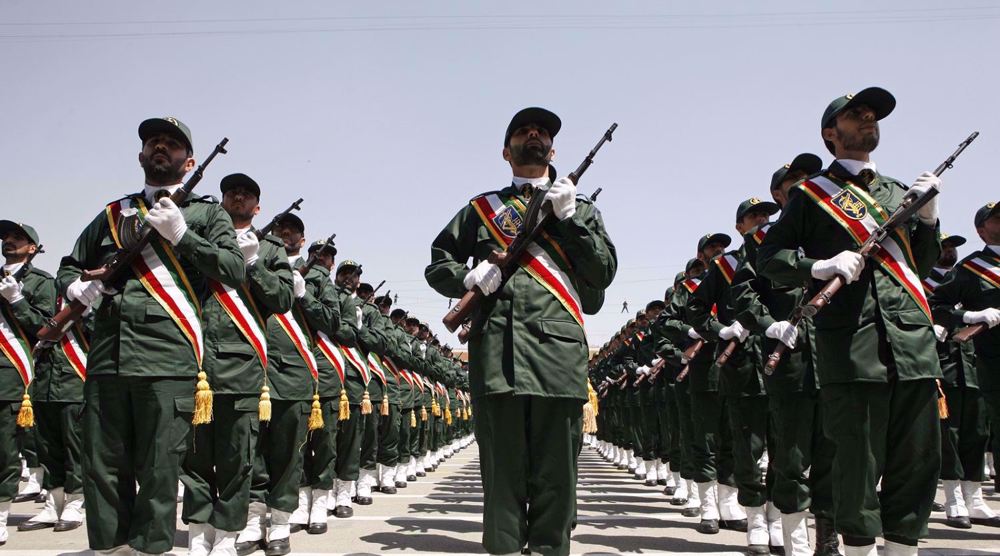

 This makes it easy to access the Press TV website
This makes it easy to access the Press TV website